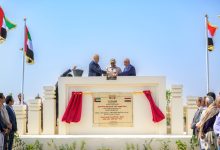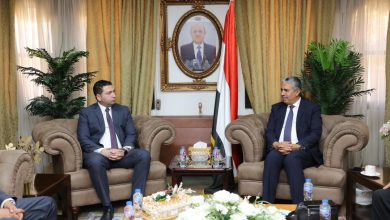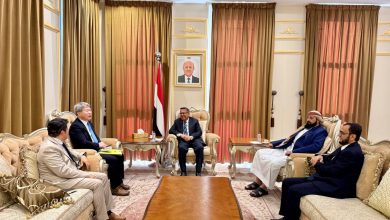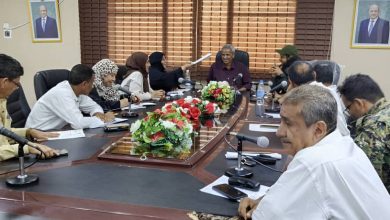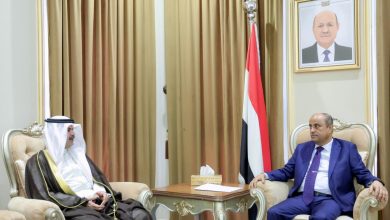PM emphasizes collective responsibility in addressing economic challenges with realism and objectivity.
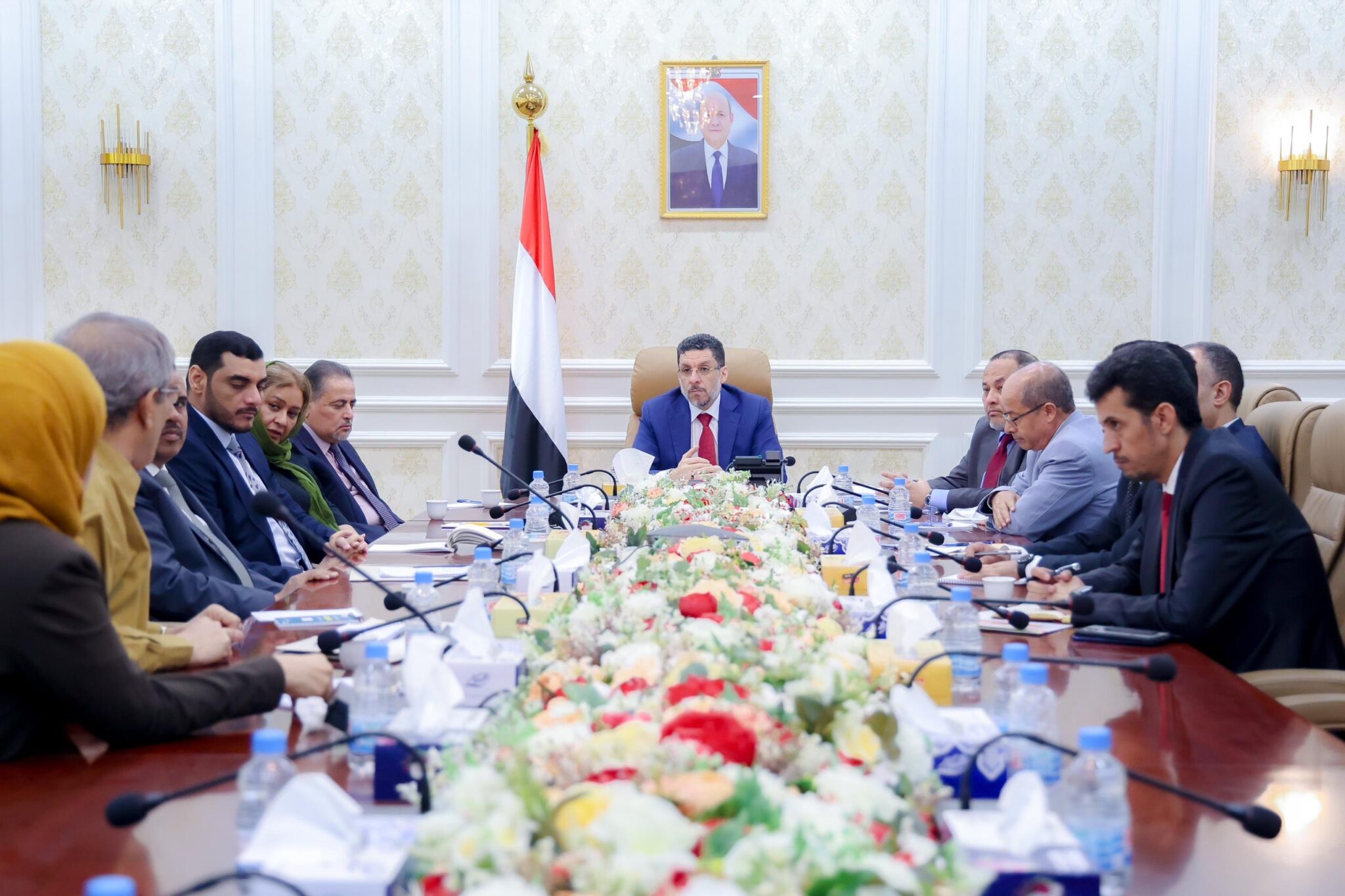
In a recent meeting held in Aden, the temporary capital, Prime Minister Dr. Ahmed Awad bin Mubarak emphasized the comprehensive responsibility of the state and government to address economic challenges with a unified and governing vision. He underscored the importance of objective and realistic strategies that consider current complexities, prioritize issues effectively, and support the government’s ongoing reform processes. This approach is aimed at alleviating the living conditions of citizens.
The meeting, which took place on Sunday, was attended by members of the Economic and Social Committee of the Consultation and Reconciliation Authority, including its vice presidents Sakhr Alwajeeh, Jamila Ali Raja, and Akram Al-Amiri. The discussion focused on coordinating and integrating efforts between the government and the authority, under the support of the Presidential Leadership Council, to present a unified vision for tackling the economic situation.
Dr. Ahmed Awad bin Mubarak directed government ministries and relevant entities to collaborate and coordinate with the Economic and Social Committee to unify efforts towards implementing a comprehensive economic rescue plan. This plan is to be developed in light of recent changes and emergencies, with cooperation from Yemen’s development partners, including donor countries and organizations. He highlighted the committee and the Consultation and Reconciliation Authority’s role in supporting and endorsing the government’s efforts to implement economic, financial, administrative reforms based on enhancing transparency, accountability, and fighting corruption.
The Prime Minister briefed the deputies of the Consultation and Reconciliation Authority and the Economic and Social Committee on the current economic challenges, exacerbated by the Houthi militia’s terrorist attacks on crude oil export facilities. He outlined the government’s priorities and vision for addressing these issues and the measures taken to mitigate their impact. He stressed that the economic battle in these circumstances is as crucial as the military battle to restore the state and end the Iran-backed Houthi coup, especially since it directly affects the livelihood and lives of citizens, leaving no room for complacency.
The Prime Minister also heard explanations on the committee’s work and vision for providing political support and endorsement to the government for implementing economic decisions and reforms. The deputies reaffirmed their support for the Prime Minister’s efforts in fighting corruption and executing reforms.
The meeting was also attended by the Prime Minister’s office director, Engineer Anis Baharitha, the Prime Minister’s advisor Adnan Abduljabbar, and the Deputy Minister of Finance, Hani Wahhab.
This development underscores the Yemeni government’s proactive approach to tackling economic challenges and ensuring the well-being of its citizens amidst ongoing conflicts and crises.
To follow the news in Arabic
Discover more from YEMEN TV ENGLISH
Subscribe to get the latest posts sent to your email.

